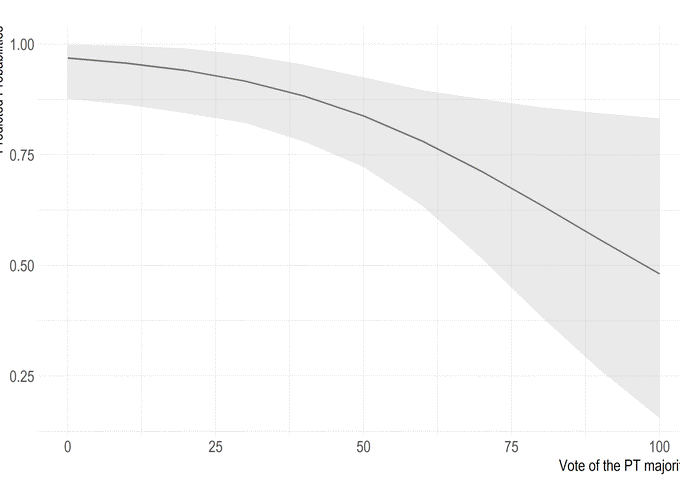The Workers’ Party and Participatory Institutions: The Influence of Intra-party Dynamics in the Adoption of Participatory Budgeting
Abstract
This article examines how the internal dynamics of the Brazilian Workers’ Party (Partido dos Trabalhadores – PT) influences the adoption of participatory public policies by municipal administrations, differentiating PT from the tradition of little social participation maintained by other political parties in Brazil. Drawing on data from the Workers’ Party direct internal elections, the article analyzes how the party’s internal factions interfere with the adoption of participatory policies in municipal administrations, especially the participatory budget (PB). The hypothesis is that the adoption of a participatory budget by a PT administration becomes more likely when the party’s left-wing factions have a stronger presence in municipalities. This hypothesis is tested by estimating different specifications of logistic regression models, including fixed effects and hierarchical models for the 2005-2012 period. Results indicate that the internal composition of the Workers’ Party – as defined by its internal elections – does influence the adoption of PB, corroborating the argument that the Workers’ Party, its internal dynamics, and the adoption of distinctive and participatory public policies are strongly linked.
